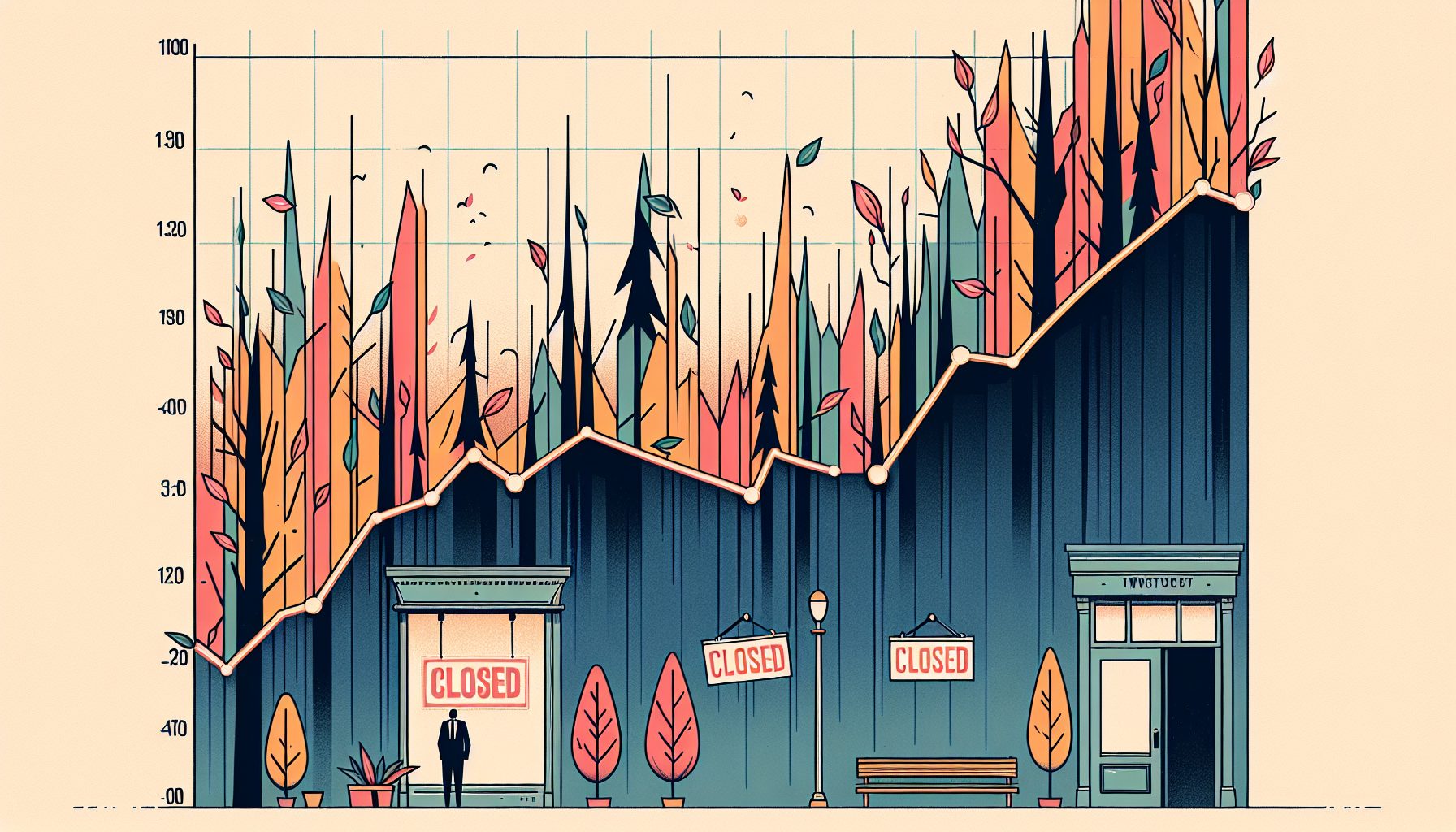A dip in venture capital investments is forcing several startups to close, especially those that haven’t seen new funding rounds in over two years. The reduced appetite for risk among venture capitalists has slowed the influx of funding in the startup realm, causing strain on businesses without fresh capital.
This drain of funding has resulted in numerous startup shutdowns, raising concerns about a potential long-term decline in the world of entrepreneurship. If left unaddressed, a significant slowdown in innovation and the loss of potentially transformative ideas could be the result. Venture capital funding is critical for startups’ survival, fostering their growth and progress.
Recent investigations identified eight startups that haven’t received venture capital since early 2022 and have ceased operations in the last 15 months. This trend reflects fierce competition and decreased investment, negatively impacting growth for early-stage ventures. The overall decline in successful startup launches is creating a perilous environment for new entrepreneurial efforts.
Experts call for more accessible funding opportunities, diversified funding sources, and stronger business resilience measures. For survival, startups need to adapt strategically and proactively, given the importance of risk management and effective decision-making. Among the 19 startups forcing their demise, two have declared bankruptcy. The remaining 17 face varying degrees of financial difficulties.
Despite financial hurdles, some startups indicate promising growth and innovation. Market conditions and industry changes challenge these businesses, encouraging them to make strategic decisions for survival. Competition continues to shape these businesses, even though not all existing safety nets can prevent operational losses.
The lack of funding greatly restricts startups’ ability to stay operational and invest in innovative strategies. Many find it difficult to scale or gain a sustainable market share, even with promising concepts. There is often a discrepancy between the actual company’s value and the investor’s perceived value.
The issue of stricter regulations for large tech firms, and whether they’re necessary for fair market competition, is brought under the spotlight, raising questions about data privacy practices and user rights.
In a related context, European Union regulators are exploring the security software practices of Microsoft. The outcome of this confidential investigation, though unclear at the moment, is presumed to influence future tech operations in Europe. Tough checks like this underscore the challenges multinational corporations face in diverse global regulations.
With the digital landscape evolving constantly, policy updates and legal guidelines need to evolve as well. The balance of implementing checks without hindering industry dynamism remains a challenge for policymakers, aiming to create a tech realm thriving on healthy competition and transparency.









